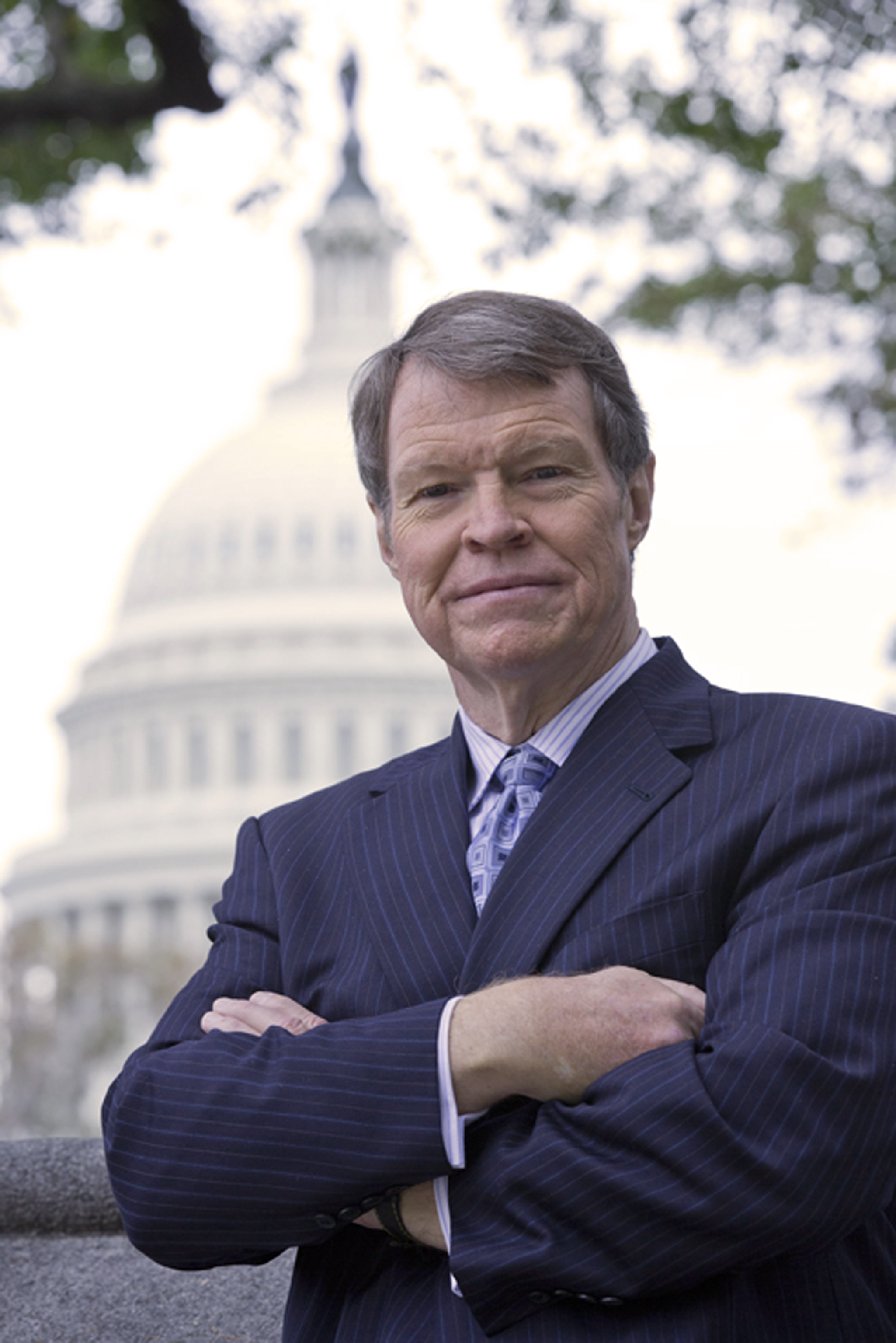By: Dr. Merrill Matthews – statesman.com/opinion – May 10, 2019
On April 24, Texas executed white supremacist John William “Bill” King. He was a murderer, but he also would have been a voter — if Democratic presidential candidate Bernie Sanders had his way.
King was found guilty of the brutal 1998 murder of James Byrd Jr., a black man, by chaining Byrd to the back of a truck and dragging him to death. With his conviction and incarceration, King forfeited several of his rights and freedoms — including the right to vote.
But then King deprived James Byrd of all of his rights and freedoms, most importantly, the right to life.
Sanders says incarcerated felons like Boston Marathon bomber Dzhokhar Tsarnaev, and by extension King, should still be allowed to vote from their prison cells.
Had that been an option in Texas, King likely would have supported candidates proposing to lighten the penalties of those found guilty of hate crimes and murder.
Could voting felons change election outcomes? Maybe.
The U.S. Bureau of Justice Statistics reports there were 1.5 million prisoners in state and federal correctional facilities in 2016. That’s a lot of people, and in close races the prison vote just might make the difference in who would win.
To be sure, most prisoners are in for much less heinous crimes than King’s — and often relatively minor offenses.
Even so, the public has an interest in ensuring that serious and violent criminals are locked up and off the streets. Criminals, by contrast, have an interest in being out of prison. And people vote their interests.
Historically, convicted felons have lost the right to vote — sometimes permanently. But things are changing.
Both conservatives and liberals have been rethinking punishment and looking for ways to give ex-cons a second chance and reintegrate them into society.
The National Conference of State Legislatures reports that in 14 states and the District of Columbia, felons lose the right to vote while incarcerated, but that right is automatically reinstated upon release from prison.
Twenty-two states reinstate the right to vote only after felons have completed their parole or probation time. And in 12 states, felons must take some additional steps, such as petitioning a governor’s pardon, to have their voting rights restored.
Only two states, Maine and Sanders’ home state of Vermont, allow felons to retain the right to vote from jail.
Defenders of jailhouse voting claim Vermont prisoners have always had the right to vote, and that hasn’t caused any problems — though one might point out they keep electing Sanders.
But even if true, Vermont is a very rural state that ranks next to last in population and has the lowest crime rate among the states, according to the U.S. Crime Index.
Would Vermont’s experience similarly apply to states with large urban centers and inner cities with high-crime rates?
Sanders and others argue that limiting felons’ voting rights is unjust.
For example, Rep. Alexandria Ocasio-Cortez’s (D-N.Y.) chief of staff, Saikat Chakrabarti, recently tweeted, “What’s the reason NOT to let incarcerated people vote? Shouldn’t the people most affected by unjust laws have some say in electing people to change them?”
Was it an “unjust law” that put John William King behind bars? Are we to think he’s the “victim”?
Several countries are also reconsidering their criminal punishment laws. Some are letting those convicted of minor or nonviolent crimes continue to vote while incarcerated. That’s an issue worthy of public consideration and debate.
But it’s appropriate and just for the state to restrict the rights of those who choose to deprive others of their rights, including the right to life.
James Byrd was never able to vote again, thanks to John William King. It is difficult to see why King and others guilty of similarly heinous crimes should retain their right to vote.
To see this article, click read more.
 Listen Online
Listen Online Watch Online
Watch Online Find a Station in Your Area
Find a Station in Your Area








 Listen Now
Listen Now Watch Online
Watch Online
